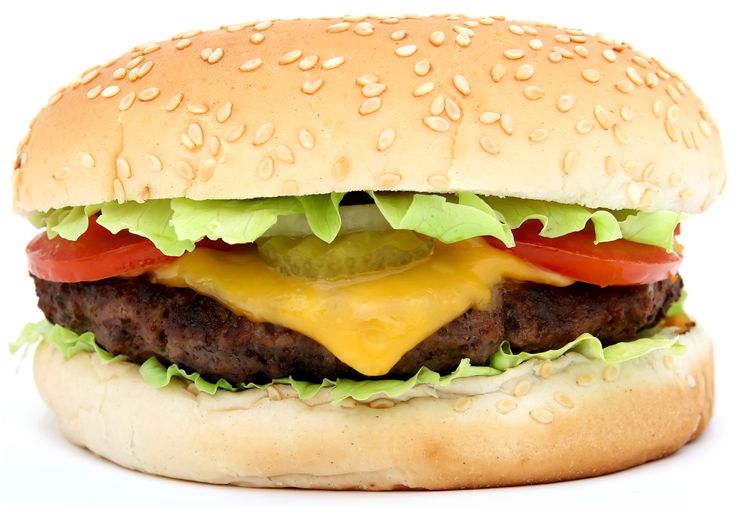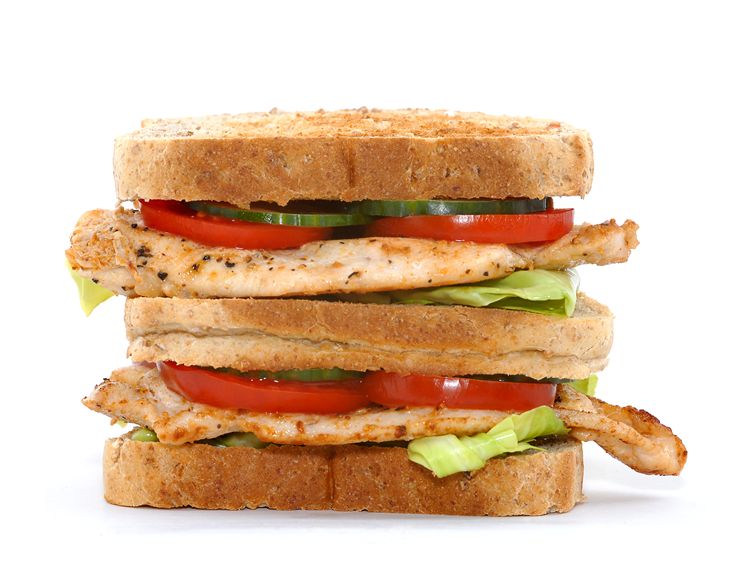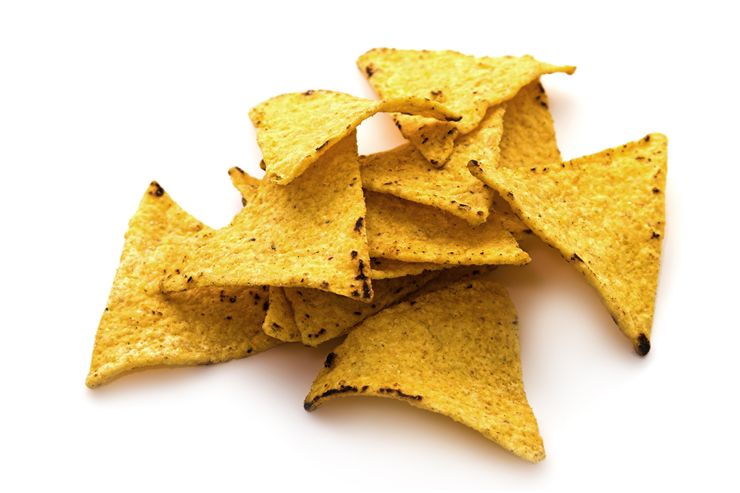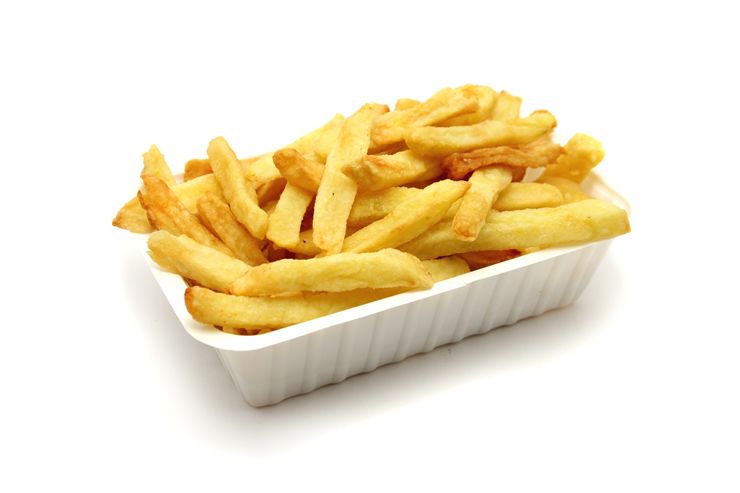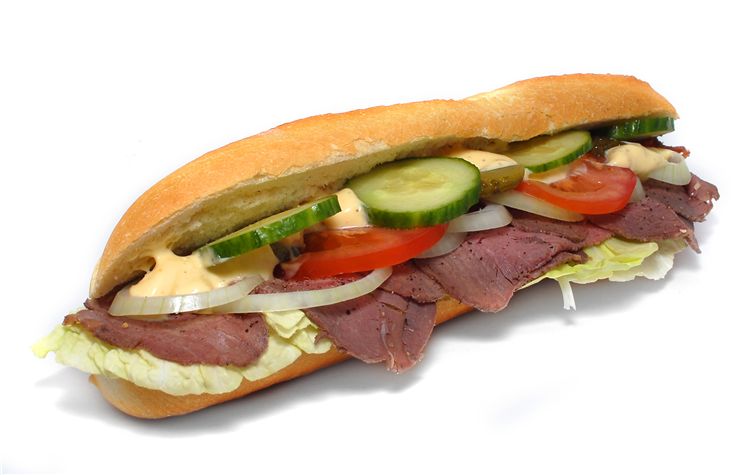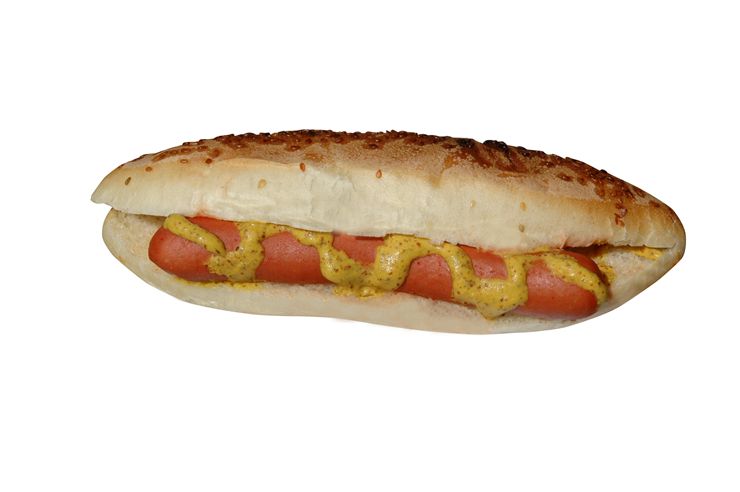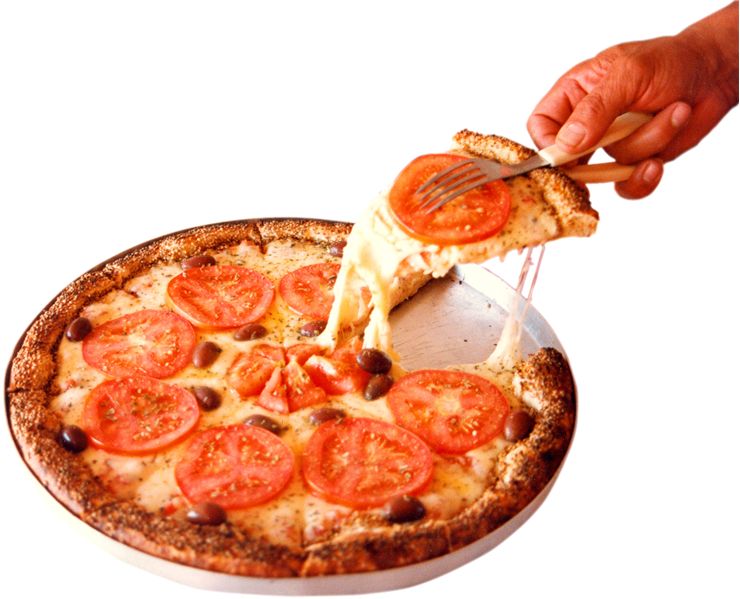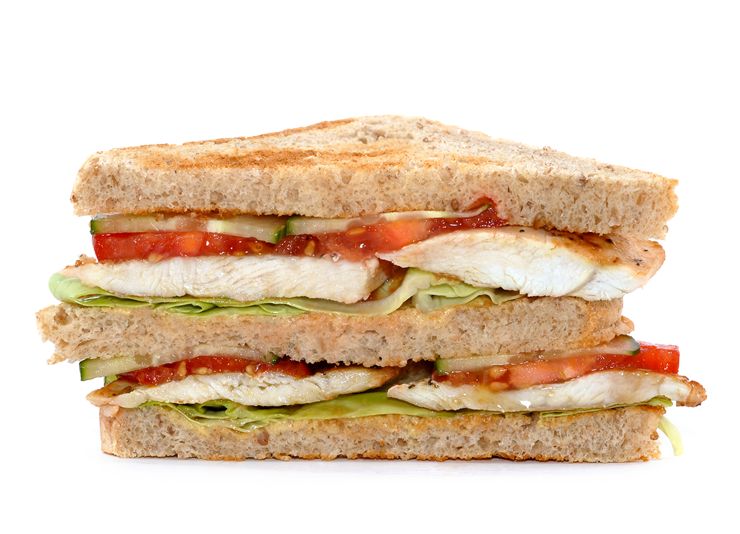The History of Fast Food
Fast food is a name for food that is made and presented to customers quickly. It is usually made with preheated or precooked ingredients, prepared in bulk, and sold in packages for take-away. The term “fast food” first appeared in the Merriam - Webster dictionary in 1951, but its roots are much older.
History of Fast Food
Fast food has been a necessity since we have civilizations. From ancient to modern times, street vendors sold food ready to eat for those with less money and on hard times. Today we have restaurants that do the same. Here you can read more about fast food history.
Facts about Fast Food
Do you know who made the largest hamburger in the world? Do you know when the last strike of fast food workers was? Do you know how many restaurants McDonald’s has? Do you know that McDonald's mascot, Ronald McDonald, is recognized by 96% of American schoolchildren, making him almost as recognizable as Santa Claus in the United States? Here you can find different facts about fast food.
Types of Fast Food
Different restaurant franchises can make the same fast food differently. Restaurants of the same franchise can have different food types depending on their location. Meet the wide palette of fast food and fast food restaurants here.
Brief History of Fast Food
The first place that had ready-cooked food for sale was Ancient Rome. The urban population living in multi-story apartment blocks called insulae didn’t have kitchens and had to buy food from food vendors. They bought bread soaked with wine and ate stews and cooked vegetables in so-called popinae which were simple restaurants.
A Han Dynasty text from the 2nd century tells about noodle stands that stayed open all night. Bigger towns of the Middle Ages had street vendors that sold pies, pasties, flans, waffles, wafers, pancakes, and cooked meats. All these people and places sold their food to those who couldn’t cook it, like poor people and travelers. The places near the coast involved in fishing developed fast food that included local shellfish or seafood.
British favorite “fish and chips” appeared in the 19th century with the development of trawler fishing, and the first “fish and chips” shop opened in 1860 at Tommyfield Market in Oldham. Max Sielaff in Berlin invented “automats,” vending machine restaurants, in 1896. In 1902, Joseph Horn and James Hardart opened an automat in New York City, marking the beginning of fast food in the United States.
The first hamburger chain in the States was White Castle opened in 1921. Billy Ingram and Walter Anderson opened it and started the first White Castle restaurant in Wichita in 1916. They had a small menu with cheap hamburgers and sold them in large numbers. The first franchises also appeared in 1921 (A&W Root Beer franchised their syrup), and the first restaurant franchise appeared in the 1930s by Howard Johnson.
When automobiles became more popular, drive-in restaurants appeared around the United States. In the 1940s, carhops that started wearing roller skates served customers in cars. The McDonald brothers opened the first McDonald’s with fast food in 1948 (They had a restaurant before, but it was not of a “fast-food-type”). Soon after them, others started opening their fast food chains: Burger King and Taco Bell opened theirs in the 1950s, while Wendy's started in 1969. Carl's Jr., KFC, and Jack in the Box existed before in other forms, just like McDonald’s, but as fast food started becoming popular, they reoriented.
Hamburgers are just one type of fast food sold in the world. Chinese food is also popular, along with fish and chips, sandwiches, pitas, sushi, fried chicken, French fries, onion rings, chicken nuggets, tacos, pizza, hot dogs, and ice cream. To supply all restaurants with the same quality and standards, fast food operations make food from processed ingredients at a central supply facility and then ship it to restaurants where it is prepared.
The fast food industry still grows, although there are indications that it is losing its market share to fast casual dining restaurants. McDonald’s is, for instance, present in 126 countries on six continents and has around 31,000 restaurants worldwide.
Some criticize the fast food industry and its influence on humanity. They claim that its food is not healthy if consumed often, that they are cruel to the animals, exploit its workers, and degrade local cultures because they shift people's taste from traditional cuisines. Fast food habits are related to the increase in overweight and obesity.
